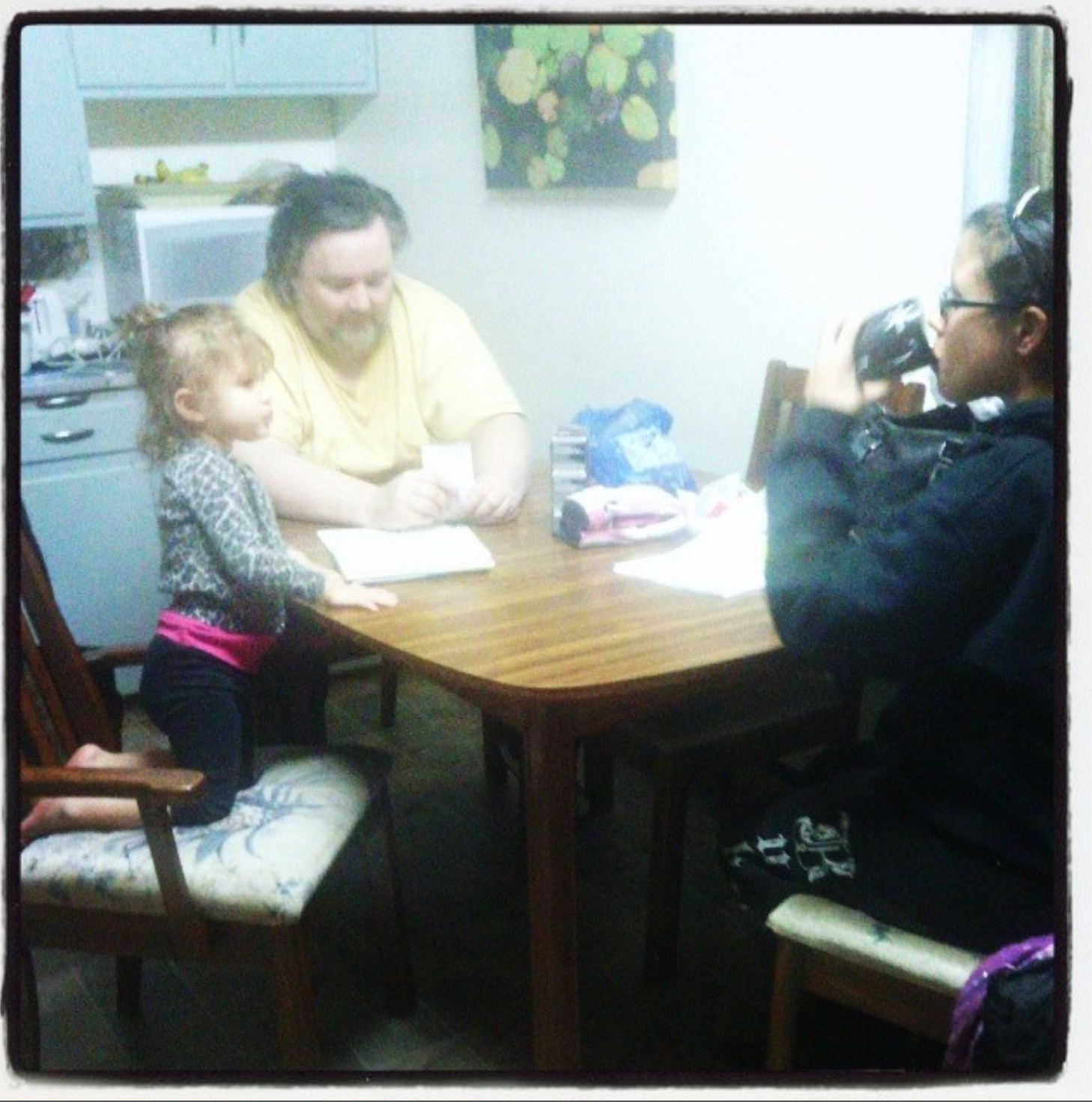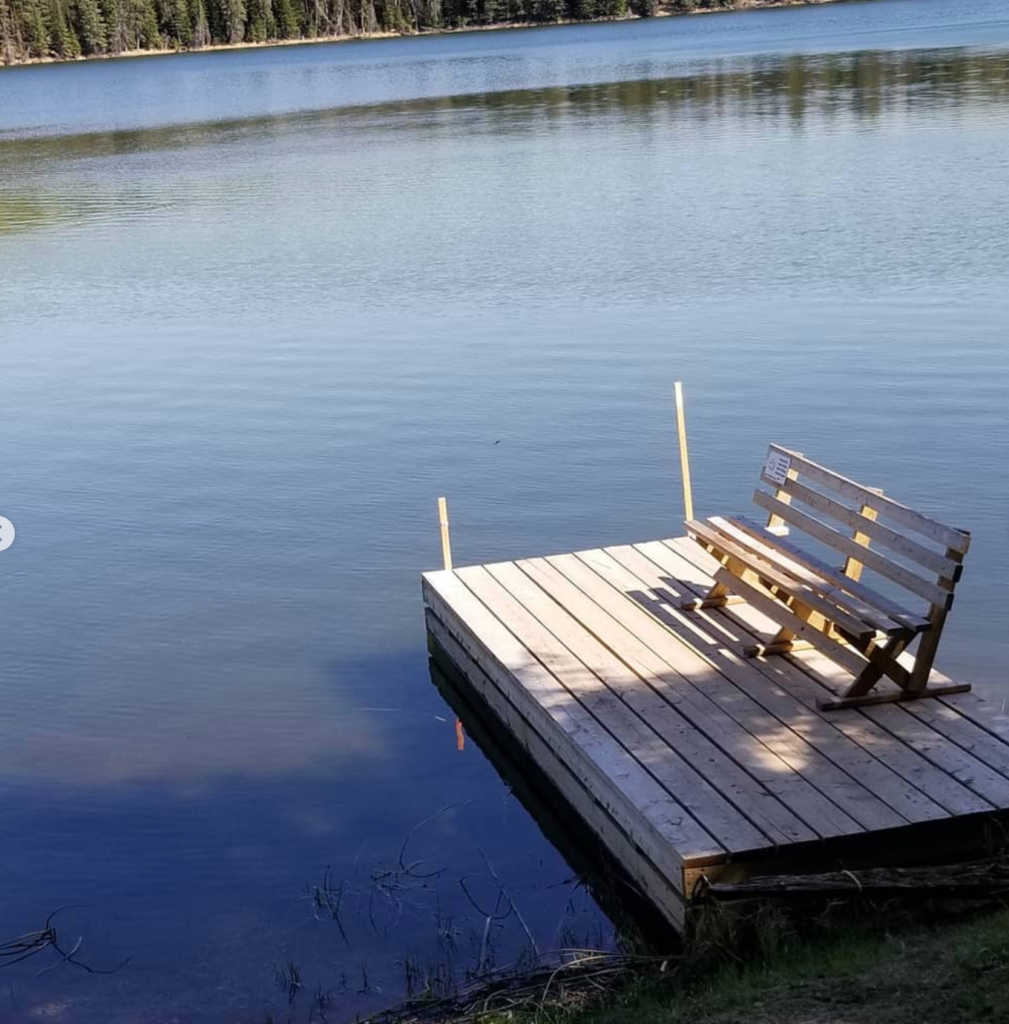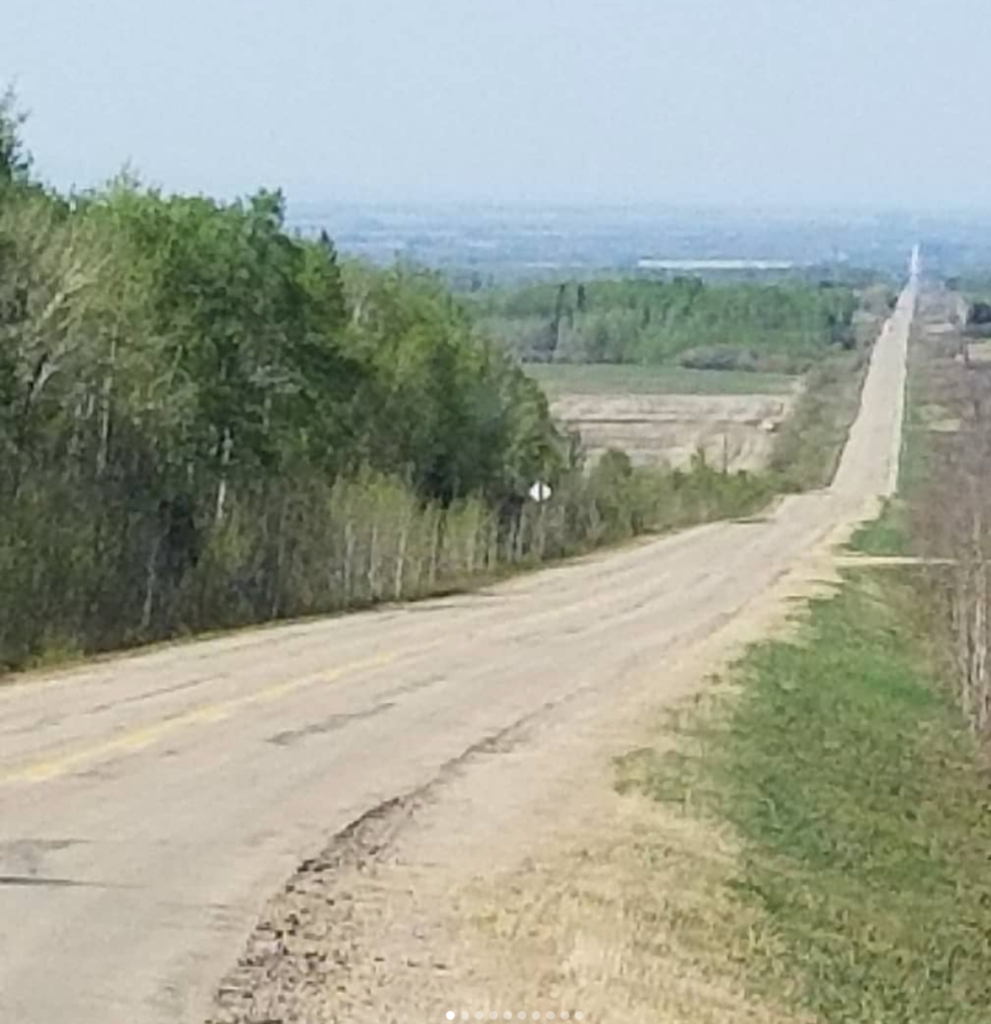When my husband died, I gathered up all the willpower and strength I had to move on. In that effort, I may have delayed the grieving progress. I cried, but I didn’t mourn the way I needed to. That came much later, and it might have been that much harder because I didn’t do it at the beginning.
I often felt that people thought I had moved on too quickly. I even had one person say to me at work, “I’m surprised to see you back at work already.” It was about a week after he had passed. Ironically, she was one of his nurses.
Inside, I was crying. Did she think because I went back to work I’d forgotten him? Did she think I shouldn’t be back at work? Was it too soon? Was I disrespecting my husband by going back to work so soon?
I put on a strong face though and said, “Well, bills don’t pay themselves you know.”
Which is true. For most of us, taking a long period of time off from work after a loved one dies is not an option. Employers have to give you some time off, but most of us won’t get paid for grieving time.
Moving on is not about forgetting
When someone you love dies, it can be hard to move on because for many people that means forgetting. But you don’t have to forget your loved one because you make an effort to live your life.
It’s about learning to live a full and happy life even as you miss and long for what you have lost. It’s about remembering and honoring the one you loved while also embracing the beauty and fullness of the life you still get to live. It’s about the brilliance of your love and the shadow of your loss coexisting in this complex and expansive experience we call living. — Good Therapy
That is not to say that moving on is easy. It will be harder for some than for others. You may have to force yourself to do the things you love to do. You may have to make an extra effort to get out of the house. You might have to consciously make a choice to not stay home and cry all night.
Of course, staying home and crying all night or all day is something you’ll likely need to do at some point. It’s not healthy to completely deny yourself your grief either. Take that time when you need it. People will understand. Just don’t get lost in it. Don’t let it consume you.
Healthy ways to move on without forgetting
It’s important to find healthy ways to move on. Drinking, drugs, and other self-destructive distractions are not healthy and in the long run, will not help you. They only mask your grief and prevent you from healing.
There are more healthy ways to move on from the death of a loved one:
- Talk about your loved one. There are going to be people who are uncomfortable with it but those who love you know that talking about them is an important part of healing. Share memories with friends and family that knew them. Don’t be afraid to cry and laugh as you share stories about them.
- Pick up a new hobby. Is there something you’ve always wanted to do but just haven’t had the time for? Make time for it now. Finding activities that you love is part of life. You can’t work all the time. Find joy in doing things you love.
- Spend more time with friends and family. Reconnect with old friends. You don’t have to be out doing things all the time but make sure that you’re not secluding yourself. Let yourself be loved.
- Get involved in a charity or a cause that means a lot to you.
Figure out what you need to do to stay healthy — and do it. Losing a loved one is a shock in every sense of the word. That’s why it’s crucial to take care of yourself mentally, physically, and spiritually. Self-care looks different for everyone, but learning to nurture yourself will help you begin to accept your “new normal.” — Cypress Lawn
There have been many times when I doubted myself for moving on with my life so quickly. Now that I can look back over the past year, I understand that everyone is different in their mourning and grieving process.
More importantly, I understand that moving on does not mean forgetting. I’ll never forget my husband. Whatever direction my life takes, no matter how I choose to move on, he will always be a part of me. He’s helped to shape who I am.
The other thing that has occurred to me is that moving on is the best way I can honor him. He wasn’t able to experience this life with me for very long. But I know him well enough to know that if I stayed stuck in my grief and mourning and didn’t find a way to love life again, he would have been very disappointed in me. He would have been so sad if I had done nothing but go to work, come home and be sad, and sleep. He would have been so frustrated if he’d seen me stop following my dreams, stop believing in love, or worse yet, being afraid to do those things.
Moving on is not about forgetting the loved one that has left you. Moving on is about finding a balance between giving yourself space to mourn and learning how to live your life without them around. Moving on is about remembering that you are alive and thriving and that you do not have to feel guilty about that.











